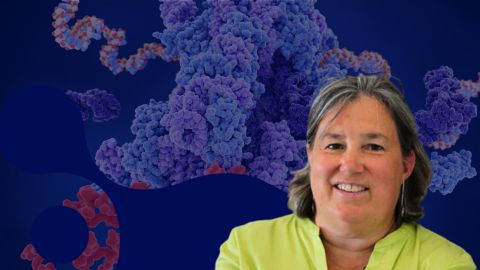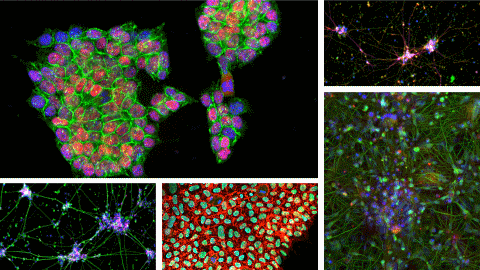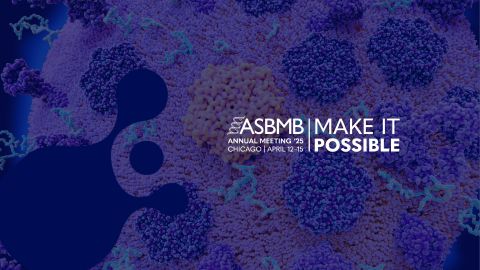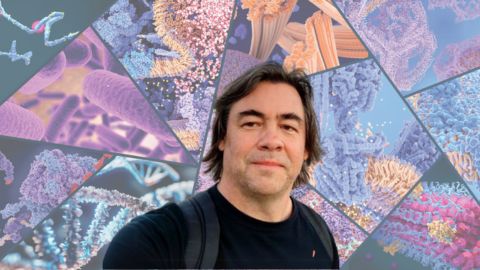
Insights into why loud noise
is bad for your health
Whether it is loud machinery at work, a busy freeway or a nearby airport, many people are exposed to high levels of noise. Two new mouse studies provide new insight into how this type of noise exposure can lead to high blood pressure and cancer-related DNA damage.
“Large studies have linked noise exposure to health problems in people,” said Matthias Oelze, a postdoctoral fellow at the University Medical Center of Mainz in Germany. “Our new data provides additional mechanistic insights into these adverse health effects, especially high blood pressure and potentially cancer development, both leading causes of global death.”
Oelze was scheduled to present this research at the American Society for Biochemistry and Molecular Biology annual meeting in April in San Diego. Though the meeting, to be held in conjunction with the 2020 Experimental Biology conference, was canceled in response to the COVID-19 outbreak, the research team's abstract was published in The FASEB Journal.
“These new findings, together with our other work on noise-associated cardiovascular effects, could lead to a better understanding of how noise influences health,” Oelze said. “This information could help inform policies and regulations that better protect people against diseases related to noise exposure.”
Oelze and colleagues found that healthy mice exposed to four days of aircraft noise were more likely to develop high blood pressure. For mice with pre-established high blood pressure, this noise exposure aggravated heart damage because of a synergistic increase of oxidative stress and inflammation in the cardiovascular and neuronal systems.
In another study, the researchers observed that the same noise exposure induced oxidative DNA damage in mice. This damage led to a highly mutagenic DNA lesion that was previously associated with the development of cancer in other settings.
The researchers are currently conducting several studies on the health effects of noise, including interactions of pre-established cardiovascular diseases with noise as well as behavioral effects of noise exposure in mice.
Enjoy reading ASBMB Today?
Become a member to receive the print edition four times a year and the digital edition monthly.
Learn moreGet the latest from ASBMB Today
Enter your email address, and we’ll send you a weekly email with recent articles, interviews and more.
Latest in Science
Science highlights or most popular articles

Melissa Moore to speak at ASBMB 2025
Richard Silverman and Melissa Moore are the featured speakers at the ASBMB annual meeting to be held April 12-15 in Chicago.

A new kind of stem cell is revolutionizing regenerative medicine
Induced pluripotent stem cells are paving the way for personalized treatments to diabetes, vision loss and more. However, scientists still face hurdles such as strict regulations, scalability, cell longevity and immune rejection.

Engineering the future with synthetic biology
Learn about the ASBMB 2025 symposium on synthetic biology, featuring applications to better human and environmental health.

Scientists find bacterial ‘Achilles’ heel’ to combat antibiotic resistance
Alejandro Vila, an ASBMB Breakthroughs speaker, discussed his work on metallo-β-lactamase enzymes and their dependence on zinc.

Host vs. pathogen and the molecular arms race
Learn about the ASBMB 2025 symposium on host–pathogen interactions, to be held Sunday, April 13 at 1:50 p.m.

Richard Silverman to speak at ASBMB 2025
Richard Silverman and Melissa Moore are the featured speakers at the ASBMB annual meeting to be held April 12-15 in Chicago.

